 |
 |
 |
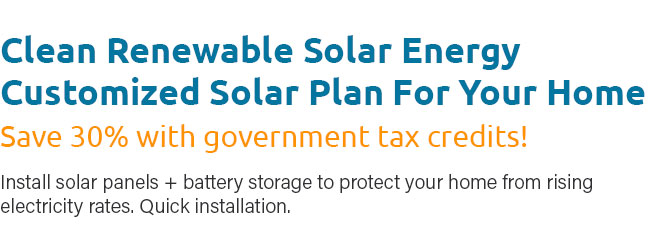 |
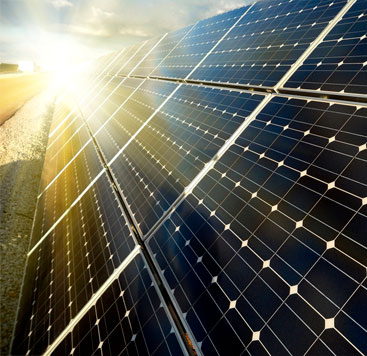 |
 |
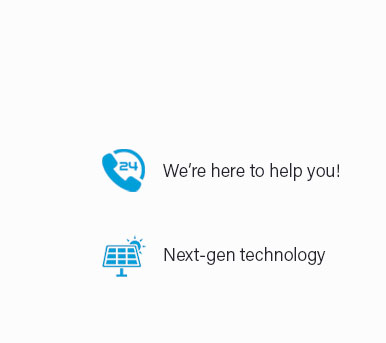 |
 |
 |
 |
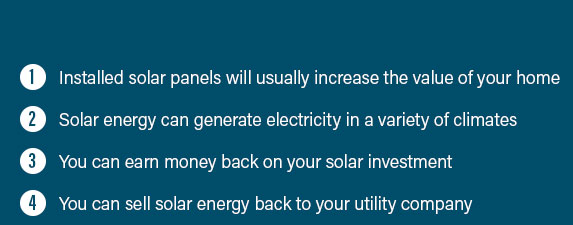 |
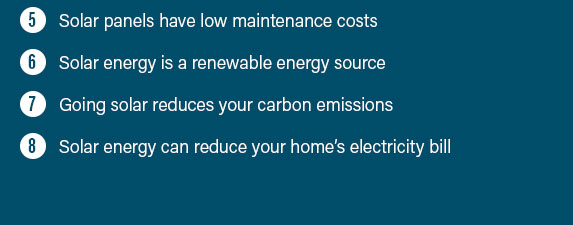 |
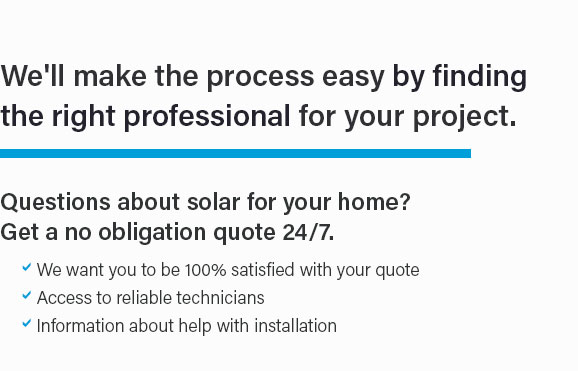 |
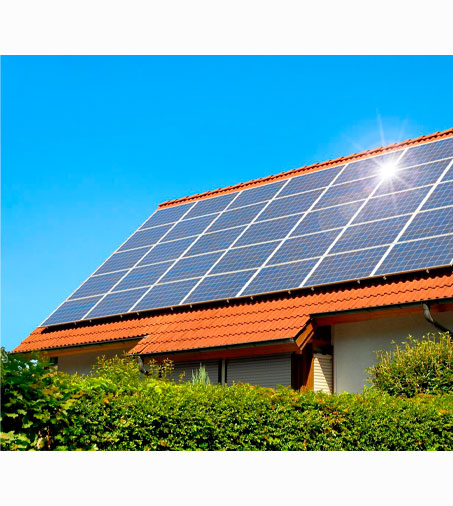 |
|
 |
 |
 |
|
Unlock the future of energy independence with our unrivaled solar panels home installation service-get a personalized solar panels installation quote today and join the revolution where sustainability meets savings; our expert team turns sunlight into power, seamlessly transforming your home into a green powerhouse while you watch your energy bills plummet-experience the difference of cutting-edge technology backed by unmatched expertise and take the leap towards a brighter, cleaner tomorrow.
https://freedomsolarpower.com/home-solar-installations
We offer comprehensive services to ensure your solar system functions optimally. Our team can handle solar repair, maintenance, and upgrades. https://blog.ecoflow.com/us/cost-to-install-solar-panels-yourself/
On average, DIY solar panel installation costs between $7,000 and $18,000, depending on the size of the system. If you have the knowledge, ability, and time to ... https://www.youtube.com/watch?v=G_Fo-mySNxw
... Home & Kitchen Appliances Used: https://amzn.to/3RhjWiO Support our ... How To Install Solar Panel Kit Beginners Complete Guide Easy Simple.
|